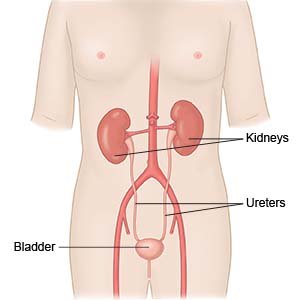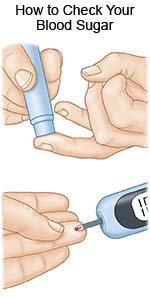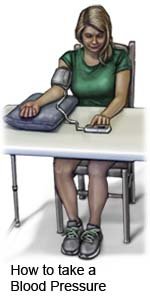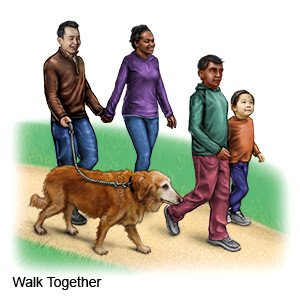Kidney Transplant
Medically reviewed by Drugs.com. Last updated on Aug 4, 2025.
Kidney transplant is surgery to replace a damaged kidney with a new kidney from another person.
 |
DISCHARGE INSTRUCTIONS:
Call your local emergency number (911 in the US) for any of the following:
- You have chest pain when you take a deep breath or cough.
- You cough up blood.
- You suddenly feel lightheaded and short of breath.
Seek care immediately if:
- You have a fever.
- You have pain in your abdomen, side, or genital area that does not go away or gets worse.
- You have problems urinating or your urine looks red or dark brown.
- You have pus or a foul-smelling odor coming from your incision.
- Your symptoms become worse or come back.
- Blood soaks through your bandage.
- Your arm or leg feels warm, tender, and painful. It may look swollen and red.
Call your doctor or nephrologist if:
- You have chills, a cough, or feel weak and achy.
- You have dizziness, nausea, or are vomiting.
- Your skin is itchy, swollen, or has a rash.
- You have questions or concerns about your condition or care.
Medicines:
You may need any of the following:
- NSAIDs , such as ibuprofen, help decrease swelling, pain, and fever. NSAIDs can cause stomach bleeding or kidney problems in certain people. If you take blood thinner medicine, always ask your healthcare provider if NSAIDs are safe for you. Always read the medicine label and follow directions.
- Antirejection medicine helps prevent your body from rejecting your new kidney. You may need to take this medicine for the rest of your life.
- Take your medicine as directed. Contact your healthcare provider if you think your medicine is not helping or if you have side effects. Tell your provider if you are allergic to any medicine. Keep a list of the medicines, vitamins, and herbs you take. Include the amounts, and when and why you take them. Bring the list or the pill bottles to follow-up visits. Carry your medicine list with you in case of an emergency.
Gently wash the area that has stitches.
Pat the area dry. Do not rub your stitches. Apply a new bandage if directed.
Blood sugar and blood pressure checks:
- If you have diabetes, you may need to check your blood sugar more often. Record the results and bring them to follow-up visits. Ask what your blood sugar levels should be.

- If you have high blood pressure, check your blood pressure and record the results. Ask how to check your blood pressure and how often to check it if you do not know. Bring the results to follow-up visits.

Self-care:
- Rest as needed. Slowly start to do more each day. Return to your daily activities as directed.
- Drink liquids as directed. Ask how much liquid to drink each day and which liquids are best for you.
- Eat a variety of healthy foods. Healthy foods include fruits, vegetables, whole-grain breads, low-fat dairy products, beans, lean meats, and fish. Your provider may also recommend vitamin or mineral supplements. Do not take any supplements without talking to your provider. Ask if you need to be on a special or low-salt diet.

- Maintain a healthy weight. Your weight and body mass index (BMI) will be checked regularly. BMI helps find if your weight is healthy for your height. Your healthcare provider will use other tests to check your muscle and protein levels. Extra weight can strain your kidneys. A low weight or low muscle mass can make you feel more tired. You may have trouble doing your daily activities. Ask your provider what a healthy weight is for you. He or she can help you create a plan to lose or gain weight safely, if needed. The plan may include keeping a food diary. This is a list of foods and liquids you have each day. Your provider will use the diary to help you make changes, if needed. Changes are based on your health and any other conditions you have, such as diabetes.
- Exercise as directed. Ask about the best exercise plan for you. This may help increase your energy levels and help you feel better.

- Do not drink alcohol or use tobacco products. Alcohol and tobacco can harm your new kidney. Ask for information if you currently drink alcohol or use tobacco products and need help quitting.
- Ask about vaccines you may need. Vaccines help lower your risk for infections such as the flu or pneumonia. Antirejection medicine may decrease your ability to fight an infection. Your healthcare provider will tell you which vaccines to get, and when to get them.
Follow up with your doctor or nephrologist as directed:
You may need to have regular tests to check your kidney function. Write down your questions so you remember to ask them during your visits.
© Copyright Merative 2025 Information is for End User's use only and may not be sold, redistributed or otherwise used for commercial purposes.
The above information is an educational aid only. It is not intended as medical advice for individual conditions or treatments. Talk to your doctor, nurse or pharmacist before following any medical regimen to see if it is safe and effective for you.
Learn more about Kidney Transplant
Treatment options
Symptoms and treatments
Further information
Always consult your healthcare provider to ensure the information displayed on this page applies to your personal circumstances.
